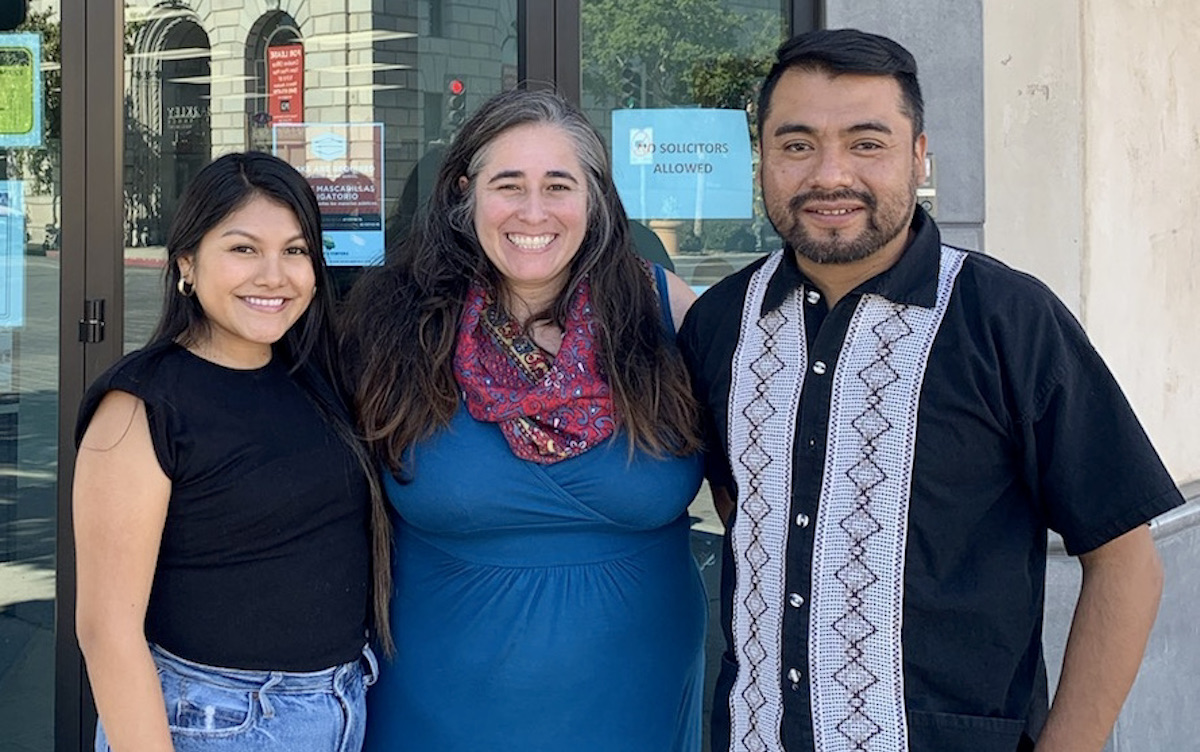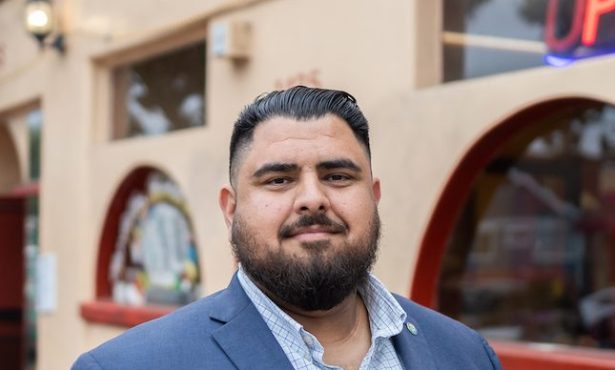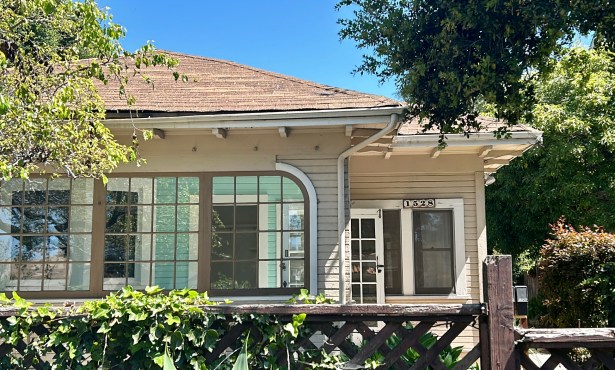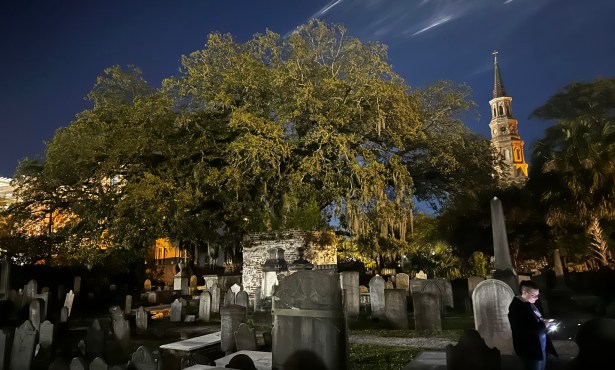Unaccompanied, Undocumented Minors Receive Much-Needed Support
229 Youth Arrived in Santa Barbara and Ventura Counties Last Year

As discussed in last week’s column, MICOP (Mixteco Indigena Community Organizing Project) provides invaluable services to about 15,000 Indigenous residents from its offices in Santa Maria and Oxnard. This column delves into one program, Opportunities for Youth (OFY), a state-funded pilot program to assist unaccompanied, undocumented minors.
From October 2020 to August 2021, 9,254 unaccompanied, undocumented minors were released to sponsors in California, including 90 in Santa Barbara County and 139 in Ventura County. This is not a new occurrence — while county numbers dipped during the pandemic, they were at similar levels two years ago. When these minors arrive at the border, they are referred to the Office of Refugee Resettlement (ORR), a division of the U.S. Department of Health and Human Services (HHS), which seeks sponsors, preferably family members, for the youth.
The pilot program began only a couple of months ago and MICOP currently has enrolled four youth in Santa Barbara and 11 in Ventura in the program. ORR does not release contact info for youth and sponsors, and locating these individuals, according to Program Director Leticia Sandoval, has been challenging. Sponsors, often farmworkers, work very long days, rendering difficult both the discovery of potential participants and persuasion to join the program. Sponsors may have other undocumented members in the household. COVID places constraints on in-home meetings, and there are privacy concerns with using public venues.
Once youth are enrolled in the program, staff assesses the needs of the youth and the sponsoring family and connects them with services offered by MICOP and others. A mentor addresses the social and emotional needs of the youth. According to Sandoval, many of these youth have faced significant trauma, so the mentor’s role is a vital part of the program. Workshops for family members aim to help them understand the trauma and how to better support the youth.
Staff help youth enroll in school, advocate for language access and educational support, find work, navigate the bus system, and much more. Some of the youth in the program have offered to help other participants, and already one is tutoring two other participants who attend the same school.
Trauma can stem from sexual abuse or violence in the home they left or that they experienced on the arduous, dangerous journey here. That journey also often involves hunger, dehydration, and exhaustion. Some youth are victims of gang violence, and many were separated from their parents at a young age. Most youth in the program are from Mexico, but there are also youth from Guatemala, Honduras, and El Salvador. Nationally, last year the largest number of youth came from Guatemala (46 percent), Honduras (25 percent), and El Salvador (14 percent).
Sign up for Indy Today to receive fresh news from Independent.com, in your inbox, every morning.
Many youth are being reunited as teens with family members they have not seen since they were very young. According to Sandoval, this can engender feelings of abandonment, and youth can feel like a stranger or burden in the home. When the parent(s) have a new family here, resentment issues can arise. In Santa Maria, one of the youth was a victim of human trafficking.
While being Indigenous is not a requirement for program participation, it is the focus of the outreach, and 10 of the 15 youth now in the program are Indigenous. The two caseworkers are from Indigenous, migrant communities, which, Sandoval relates, gives them insight and understanding of what these families are experiencing. Families have related that working with an Indigenous staff person provides a sense of safety and comfort when they are trying to access services and, of course, is critical for language translation. While not Indigenous herself, Sandoval is first-generation Mexican-American and comes from a farmworker family. She brings to the position nearly 20 years of nonprofit work experience and an abundance of passion and dedication. That same passion and dedication seem to prevail among MICOP staff.
The receptivity of youth and sponsors who have joined the program, according to Sandoval, has been amazing. Both youth and sponsors reach out regularly for support, and over time, trust has developed, allowing youth and sponsors to open up and process their experiences. This is not only healthy, but, according to Sandoval, may also help the youth in deportation proceedings because a showing of a fear of harm may be necessary to avoid deportation. These traumatized teens may be reluctant to open up with attorneys but more inclined to do so with social workers with whom they have developed a rapport. Thus, the social services and legal staff work closely together and having both components in-house, Sandoval relates, is quite beneficial.
To reach more potential participants, MICOP is increasing its outreach on multiple fronts, including in-person contact at MICOP events and out in the community, through MICOP’s Oxnard-based Radio Indigena and social media, and through working with many community partners.
Sandoval related that she has been thoroughly impressed with the youth in the program, whom she finds “resilient, smart, courageous, and resourceful. They’ve survived a difficult journey and want to provide a better life for themselves and their families. The goal of OFY is to help build on those strengths and resiliency so that they can thrive.”
For more info or to make a donation, go to http://mixteco.org.
Support the Santa Barbara Independent through a long-term or a single contribution.





You must be logged in to post a comment.